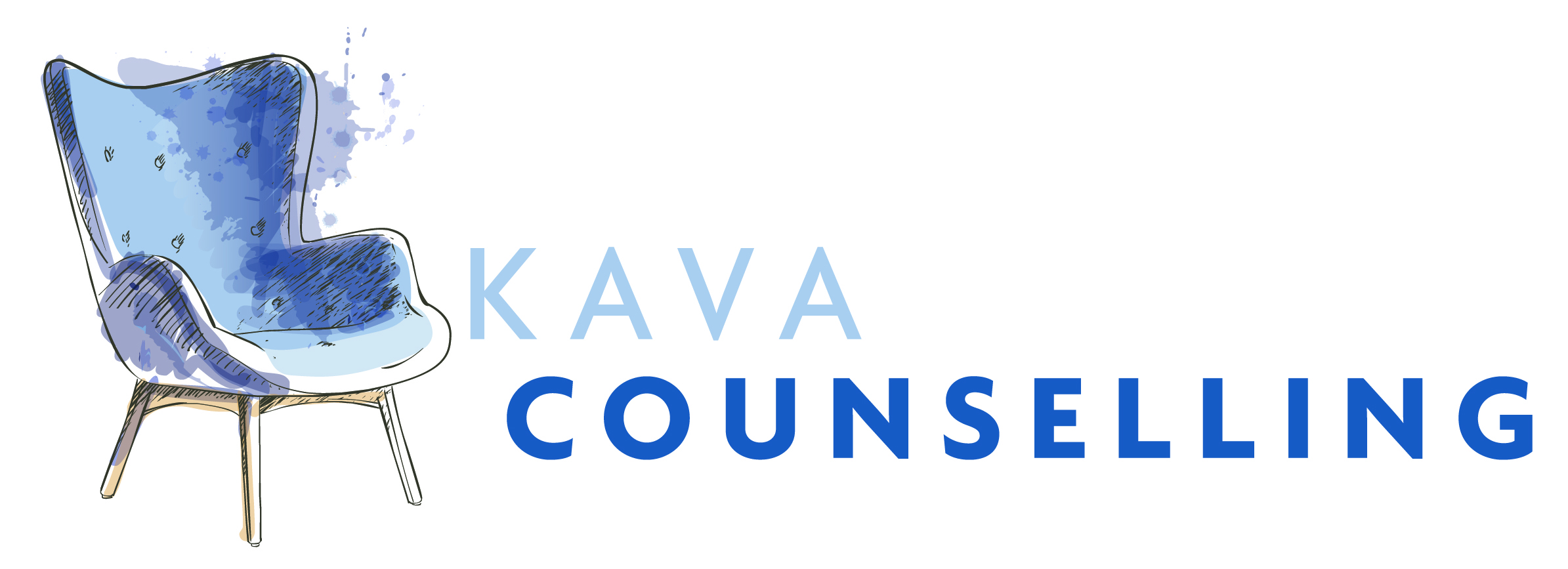Courage, change and climbing out of a hole
The best ideas are simple, you can see they make sense, you can see how they work: ‘don’t do what harms you’ is a simple idea. But simple doesn’t mean ‘easy to practice’.
Portia Nelson’s poem, Autobiography in Five Chapters - below - is pretty simple. At first, the repetition irritated me, “I know”, I thought, “I get it, you can stop now”. But ‘knowing’ a thing is very different from living it. I still make the same mistakes: I think X will make me happy when I know it doesn’t. I think Y could change their behaviour when I know that won’t happen. Perhaps that is the hardest thing to change, the hardest thing to give up: wanting things to be different.
That is the point when we need kindness, because in that moment, we face loss. It can be loss of a person, loss of a job or role, or losing the thing that cushioned us from feeling fear or grief, the food or drink or ‘being right’, whatever narcotic choice we made.
To change is to let go, and in that letting go, we are exposed; the shelter we used is taken away and we must build a new one or learn to live in all weathers. We need kindness as we begin to make the wiser choice and not fall for the short cut. To keep going, especially when things are hard, we need encouragement; we need someone who sees there is another route, when we are still in the hole.
For me, that is point of therapy: turning to face a situation that is painful, acknowledging the pain, seeing what can change and then committing to do what you can, one step at a time. We need support because trying to change a behaviour we don’t understand, that we don’t even see, is hard. Face my part in it takes courage, especially if that was a coping mechanism.
People toss out that phrase like it’s light, but let’s look at it: a COPING mechanism – that has to be big, right? That has to be sturdy and solid and support a lot of weight: that thing will have deep foundations. And foundations that have been laid a long time ago can take time to dig up. You can throw in explosives – which may be exhilarating but can create a lot of mess. And at some point you need to rebuild, which can be painstaking work with, yes, the occasional misstep. We move forwards and check it’s in the right direction.
1. I walk down the street.
There is a deep hole in the sidewalk.
I fall in.
I am lost … I am hopeless.
It isn’t my fault.
It takes forever to find a way out.
2. I walk down the same street.
There is a deep hole in the sidewalk.
I pretend I don’t see it.
I fall in again.
I can’t believe I’m in the same place.
But it isn’t my fault.
It still takes a long time to get out.
3. I walk down the same street.
There is a deep hole in the sidewalk.
I see it is there.
I still fall in … it’s a habit.
My eyes are open.
I know where I am.
It is my fault.
I get out immediately.
4. I walk down the same street.
There is a deep hole in the sidewalk.
I walk around it.
5. I walk down another street.
If you want to talk about a hole in your life, get in touch. I can’t fix the pavement, but I can listen. Together we can explore new ways to get where you need to be.
Photo by Nika Benedictova on Unsplash
